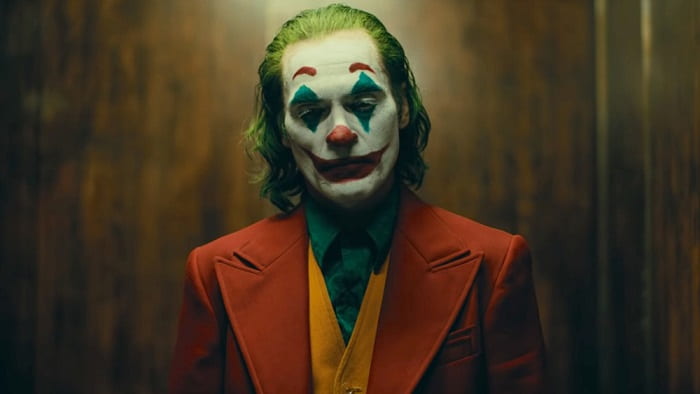Elliot Tritto
Central Bureau Chief
When was the last time a movie broke you? Can you remember a time when your eyes were glued to that screen? Was it the visuals that pulled you in? Could it be the dialogue between the major characters that made your heart sink? Perhaps, it could’ve been the eerie music that scared you right to the bone.
All in all, a movie’s job relies on telling a story about the difficulties of being human. Movies ask simple questions to moviegoers such as what’s right or wrong or what is the meaning of life? From this, we can appreciate cinema for helping us to answer the right solutions to our problems. In Todd Philip’s Joker, the film communicates with audiences that society wants us to live life to the fullest with a bright smile. Why should I be sad when I could be happy? Take Arthur Fleck. “Joker” gracefully captures the tale of a man who tries to live life to the fullest with a bright smile, yet it drastically backfires.
As Wikipedia.org states, “Isolated, bullied and disregarded by society, failed comedian Arthur Fleck begins a slow descent into madness as he transforms into the criminal mastermind known as The Joker.” In this review, we will carefully analyze the use of violence in Joker and how it resonates with American society.
To begin with, incorporating the element of violence into the flick portrays how the Joker became the clown prince of crime. Let’s face it, Americans love the gratuitous use of violence and sex. Exhibit A: Game of Thrones. People tuned into the HBO drama for its juicy storytelling but who doesn’t love some good old’ nudity with some brutal murders. Exhibit B: John Wick and the Fast and Furious spinoff, “Hobbs And Shaw.” Both Blockbusters have a gratuitous use of violence with cheesy one-liners because people loved it.
So, why doesn’t Joker get a pass? In the film, there are only a few scenes with violence, so why is Joker controversial? Josh Terry of Vice.com writes that “Two separate memos were uncovered by Gizmodo’s io9 where service members were warned of credible threats from incels during screenings of the film.” Earlier in the article, Terry mentions that “A group whose loved ones witnessed or were killed in the 2012 Aurora, Colorado shooting, have petitioned Joker’s studio Warner Bros. to denounce gun violence before its release. They wrote, “We are calling on you to be a part of the growing chorus of corporate leaders who understand that they have a social responsibility to keep us all safe.”

Like you, when I first read this disturbing news, my stomach turned. After seeing the film, though, my worries left me, and my appreciation came swarming into my mindset. I understand why those affected by the Aurora shooting discussed their concerns, yet hearing some critics bash the film for its violence, doesn’t sit well with me.
MSN quoted writer, Jim Geraghty, about how he was “worried that a certain segment of America’s angry, paranoid, emotionally unstable young men would watch Joaquin Phoenix descending into madness and a desire to get back at society by hurting as many people as possible and exclaim, ‘Finally, somebody understands me!'” There’s an essential reason as to why violence plays a crucial role instead of it being a useless, overused tool to bring more ticket sales. Joker signifies violence as a spark that can ignite a massive forest fire.
Joaquin Phoenix beautifully illustrates what a realistic Joker can become. Especially having Phoenix’s laughter associated with an actual disorder makes audiences drawn more into the character. Before his drive to madness, we see Arthur trying to become a better Arthur. With medication, a job, and taking care of his mother, he hopes to see the light at the end of the tunnel.
Nevertheless, when his medication is cut, fired from his job, and his mother falls ill, Arthur becomes the Joker. As an illustration, the protagonist, Arthur marks his first count of murder in a subway when three strangers’ insult and beat him for laughing uncontrollably. Later, few scenes show shootings, beatings, and a stabbing to better portray Arthur’s escalation into the Joker. From that first murder sparked a chaotic revolution of criminals wreaking havoc across the streets of Gotham. To put the icing on the cake, a criminal dressed up as a clown and killed Gotham’s richest and powerful couple, Martha and Thomas Wayne.
Overall, this movie asks audiences questions like what can we do to stop the violence? Should we talk to one another to stop violence? Do we need blockbusters with gratuitous violence anymore? Do we avoid this movie so we can ignore violence? Personally, it’s up to the viewer. Art should remain a question, not a statement. What do you think about Joker?
trite1@mail.broward.edu